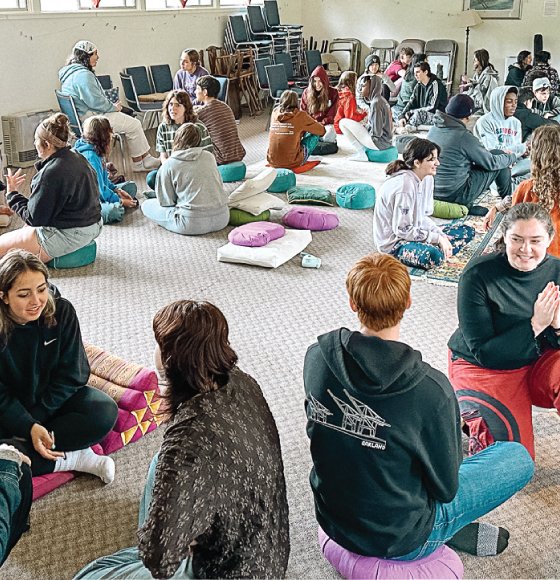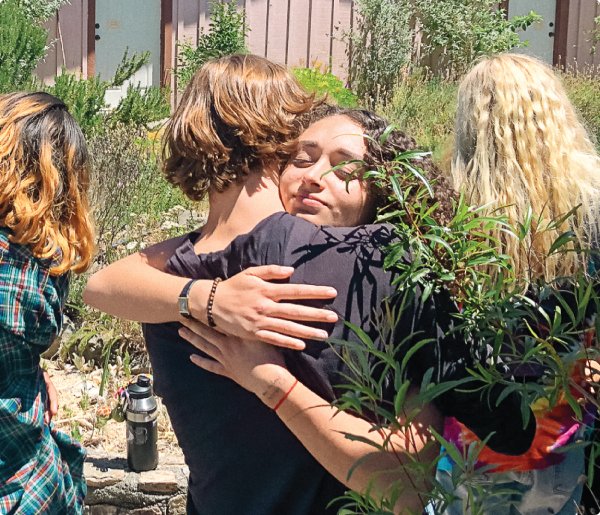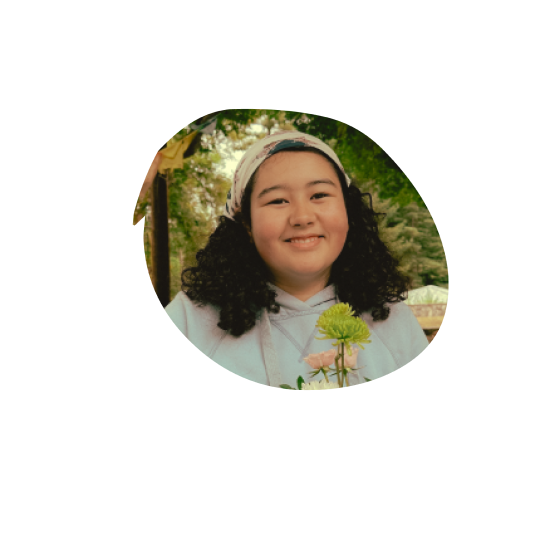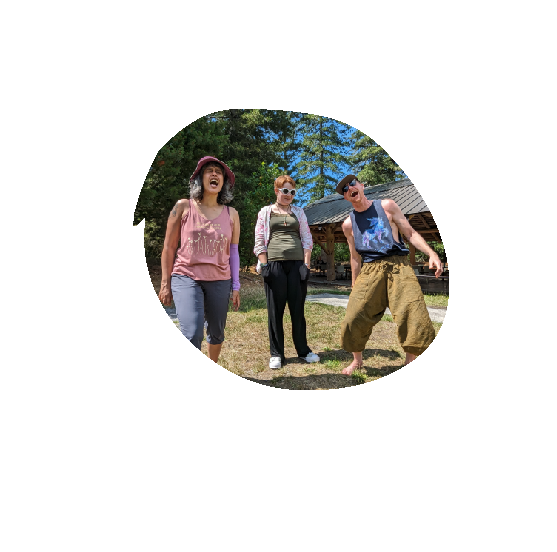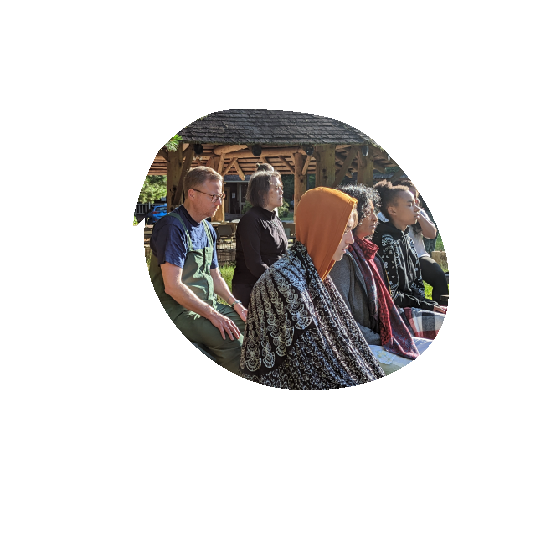so much
more than
summer camp.
we believe in the power of mindfulness
Inward Bound Mindfulness retreats & resources offer participants the opportunity to embrace the wisdom within each of us. Through the practice of mindfulness, we are empowered to build more compassionate inner and outer worlds.
our mission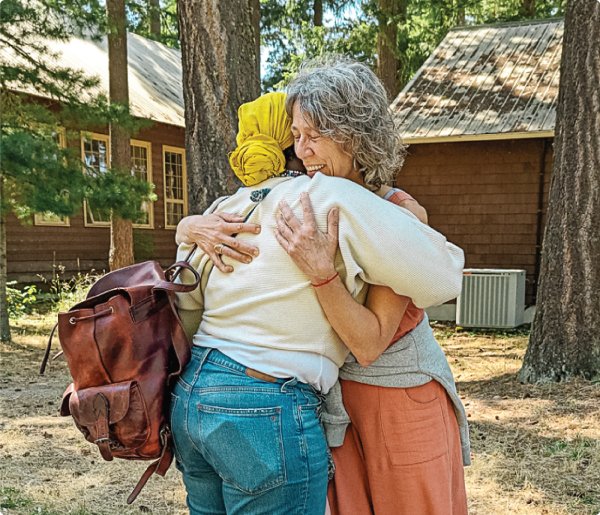
Parents
Explore how our programs grant teens the opportunity to take pause and take notice of their inner and outer worlds.
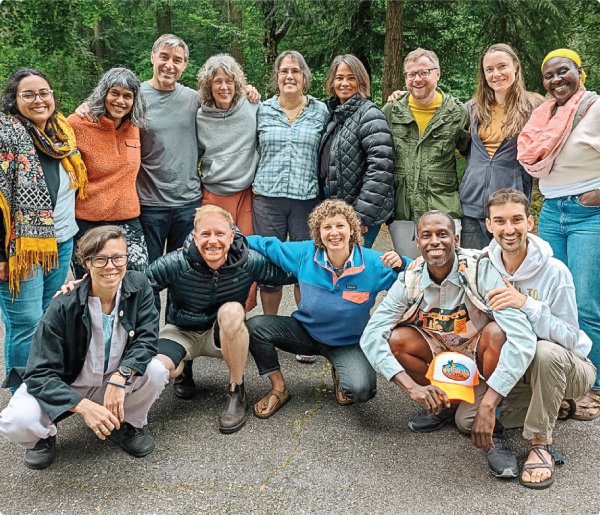
Educators
Empower young people within your community by weaving mindfulness into your work.
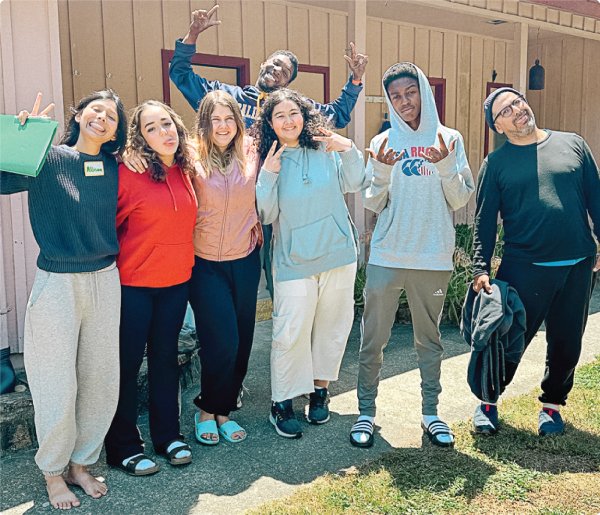
Partners
Nurture the well-being of future generations through collaboration and creative partnerships.
the joy and reach of our work
upcoming events
view calendar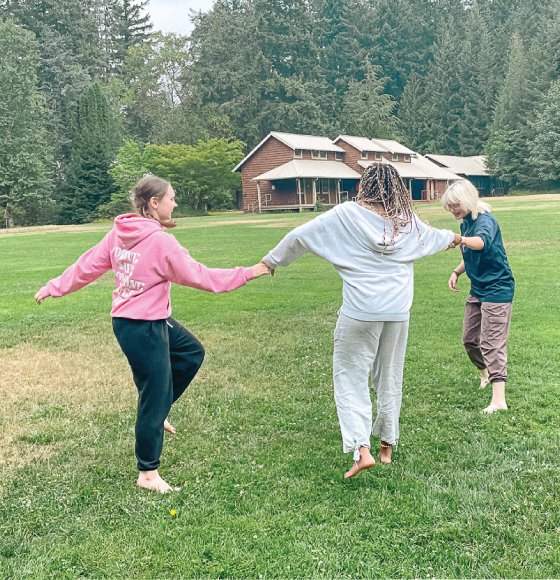
scholarship fund
make a gift today and grant more teens the opportunity to attend retreat.
donate today